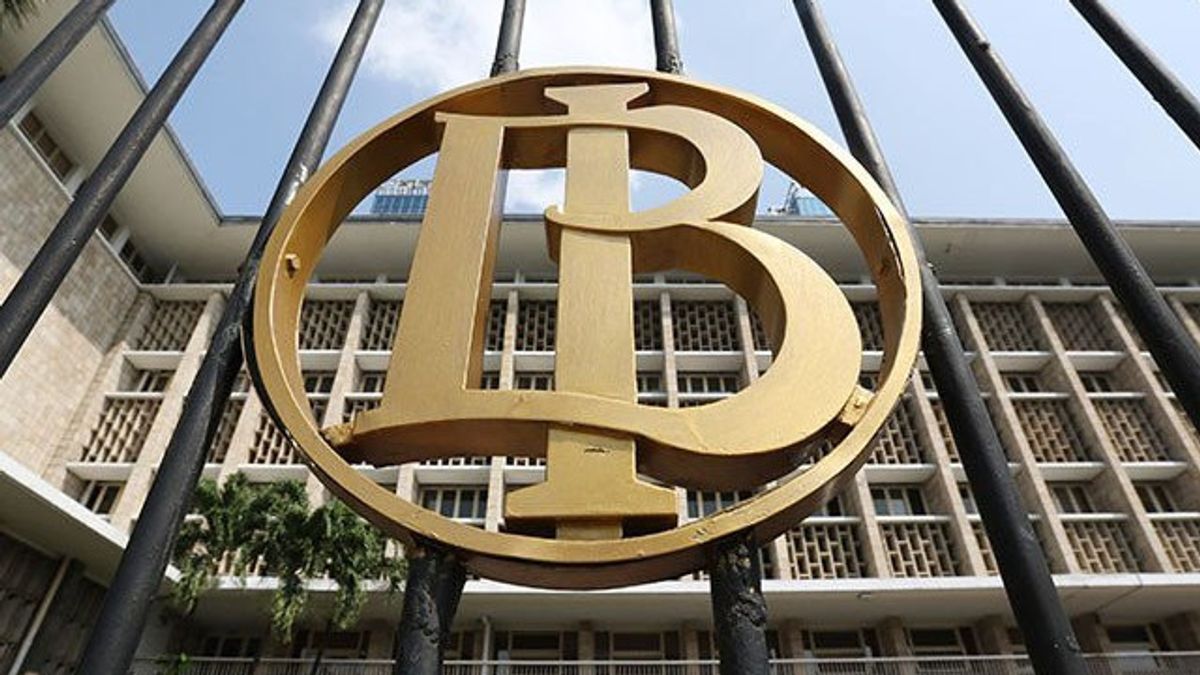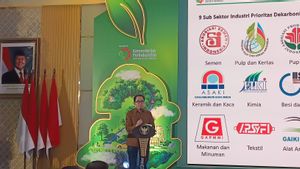JAKARTA - The International Monetary Fund (IMF) global financing institution appreciates the cooperation between the government and Bank Indonesia (BI) in dealing with the impact of the pandemic in the economic sector.
Head of the BI Communication Department Erwin Haryono said the positive synergy was due to efforts to control the COVID-19 pandemic in the health sector, fiscal stimulus policies, and accommodative monetary policies.
"At the central bank, we are also making efforts to relax macro and microprudential policies, as well as Bank Indonesia's burden sharing policy with the government," he said in a press statement on Wednesday, March 3.
Erwin added that the IMF views that the policy mix was pursued in a strong and fast manner by the Indonesian authorities so as to sustain economic recovery.
"Bank Indonesia welcomes the results of the IMF's assessment of the Indonesian economy, which was conveyed in the Article IV Consultation report for 2020 which was just released today," he said.
According to Erwin, appreciation and positive notes were given to a number of policies in the macroeconomic field. First, the authority's commitment to gradually return the upper limit of the fiscal deficit to 3 percent by 2023.
Second, the implementation of accommodative monetary policy while taking into account the inflation rate, through the policy of low interest rates and the purchase of SBN by BI on extraordinary conditions at this time.
Third, the continuation of structural reform efforts by implementing the omnibus law and developing infrastructure to support economic recovery.
"The IMF assesses that Indonesia has handled the pandemic with a policy synergy response that is bold, comprehensive, and coordinated. In addition, Indonesia's maintained economic resilience is considered a reflection of sound macroeconomic policies since before the pandemic, ”he said.
In its report, the IMF projects that Indonesia's economy will continue to improve in 2021, along with the implementation of the COVID-19 vaccination program and a coordinated policy strategy.
The IMF looks at risk factors that need attention given that the current condition is still fraught with uncertainty, namely risks related to the COVID-19 pandemic which could last longer, potential vulnerabilities in the banking sector and non-financial corporations related to asset quality when normalization of policy support is carried out, and tightening of global financial conditions.
"In addition, there is a risk of climate change that could disrupt the economy again and increase the fiscal burden," he added.
Erwin emphasized that Bank Indonesia, the Government and related authorities will continue to strengthen policy synergies and support various advanced policies to build optimism for national economic recovery.
"This is done through opening productive and safe economic sectors, accelerating fiscal stimulus, channeling bank credit from the demand and supply side, continuing monetary and macroprudential stimuli, and accelerating economic and financial digitization to build optimism for national economic recovery," he concluded.
The English, Chinese, Japanese, Arabic, and French versions are automatically generated by the AI. So there may still be inaccuracies in translating, please always see Indonesian as our main language. (system supported by DigitalSiber.id)













